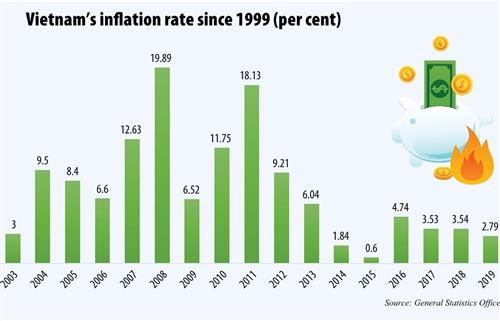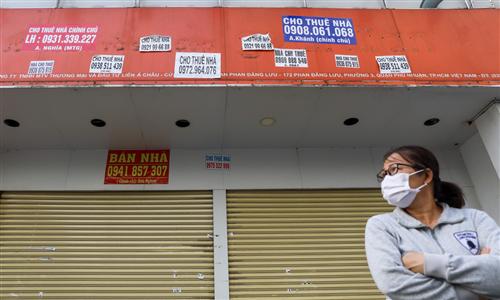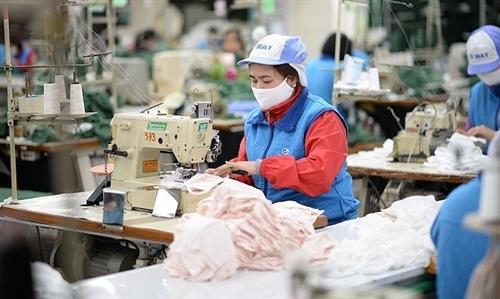Setting rules for household businesses poses questions
Setting rules for household businesses poses questions
Regulating household businesses in Viet Nam is posing several problems as lawmakers debate whether the rules should be included in the amended Law on Enterprise or developed into separate legislation. 
Do Van Sinh, a permanent member of the National Assembly’s Economics Committee, was quoted by Dau Tu (Investment) newspaper as saying that careful consideration would be given on how to regulate household businesses as this sector played a significant role in the country’s socio-economic development. Sinh said he was in favour of an independent law.
Sinh said there was already a separate law for co-operatives, even though they numbered only several hundred thousand. In comparison, household businesses numbered around five million.
Business households contributed considerably to the economy, he said, adding that it was reasonable to develop a separate law to create an adequate legal framework for their operation.
The legal framework must ensure that their costs did not increase, protect their legitimate rights and promote higher business efficiency, he said.
It was necessary to evaluate the impacts of any proposed amendments before promulgation, Sinh said.
Vu Tien Loc, chairman of the Viet Nam Chamber of Commerce and Industry, said that household businesses should be included in the Law on Enterprise to ensure equality with other types of enterprises.
According to former chairman of the Economics Committee Nguyen Van Phuc, there was no clear definition for a household business in Viet Nam. In many countries, sole proprietorship or household business did not have to register to operate, only for tax management.
Phuc said the legality of household businesses should be clarified to avoid making procedures complicated for them.
Household businesses are currently regulated by Government Decree No 78 dated September 14, 2015.
Some lawmakers said that first, a separate decree should be developed to regulate household businesses and tackle the existing problems. Later, a separate law should be set up, based on the careful evaluation of the impacts of the rules.
The Government previously said household businesses would not be forced to turn into enterprise models.
According to the General Statistics Office, there were about 4.59 million non-agricultural business households under stable operation, but only 30 per cent of them had business registration certificates.
Business households were estimated to contribute 30 per cent to the country’s GDP and provided 7.6 million jobs.
The amended Law on Enterprise will be voted for approval at the ninth meeting of the National Assembly scheduled in May.























